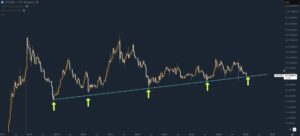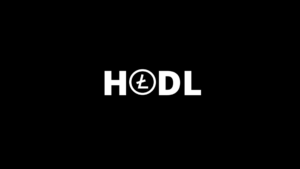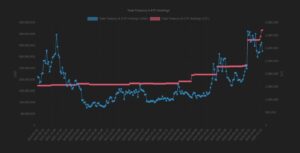The team behind Ethereum speed booster zkSync has ended a Series A funding round led by Fred Wilson’s Union Square Ventures (USV) as the demand for scaling solutions reaches critical mass.
Matter Labs released its rollup (ZK-rollup) product in December 2019, raising an undisclosed sum with limited partners in order “to preserve the dominance of the community share in the future zkSync network,” Matter Labs CEO Alex Gluchowski told reporters.
“The crypto community will strongly prefer solutions with the least compromises on security, decentralization and UX,” the startup said. “This is what makes ZK-rollup tech so important. It relies on pure cryptography rather than game-theoretic mechanisms, and is thus the only scaling approach with no upper bound on the value it can securely handle in L2.”
Read more: Scaling Coming To Ethereum In March with Optimism Mainnet Launch
The round was joined by a host of cryptocurrency projects that are considering adding zkSync, including Coinbase, Aave, Curve Finance, CoinGecko and Balancer, among others. Venture capital firms Placeholder, 1kx and Dragonfly Capital also took part.
Gluchowski said that a number of wallets are integrating zkSync, including Argent. Crypto exchange partners will probably integrate the tech directly as well.
Want to buy Ethereum and crypto? Start here.
War for L2?
The funding round comes at a time when gas fees have become problematic for the leading dApp platform. For instance, simply transferring something on Ethereum could cost up to $40 (0.025 ETH) last week. However, after correcting from its $2,000 price-tag, gas fees fell sharply to around $13 (0.008) per transaction.
Even at these levels though, micro transactions on the network are effectively priced out, making the demand for L2 payment channels even greater.

Rollups are considered the primary method that will address this issue – at least in the immediate short term until Ethereum 2.0 is fully launched.
Briefly, rollups are off-chain batches of transactions that settle as one transaction on a base layer. There are two forms: zero-knowledge (ZKR) and Optimistic (ORU).
Zero-knowledge proofs rely on a mathematical proof to settle payments, while Optimistic rollups rely on bond and validators to ensure that no fraud takes place.
Read more: Andreessen Horowitz Leads $25M Round in Ethereum Scaling Solution
Optimism is the most widely known proponent of ORU. The firm also recently closed a round led by Andreessen Horowitz.
Gluchowski’s Matter Labs is focused on zkSync, and not other “L2 bridges” like Matic’s new Polygon Network. “We’re focused on zkSync as the single L2 network, because you can only get seamless composability within the same L2,” he said. .
As demand for these solutions picks up, the most widely adopted solution will inevitably be declared victor by popular acclaim.
Subscribe to the semi-weekly newsletter for regular insight into bitcoin and crypto. Go on. It’s free.
Join the telegram channel for updates, charts, ideas and deals.
Did you like the article? Share it!


